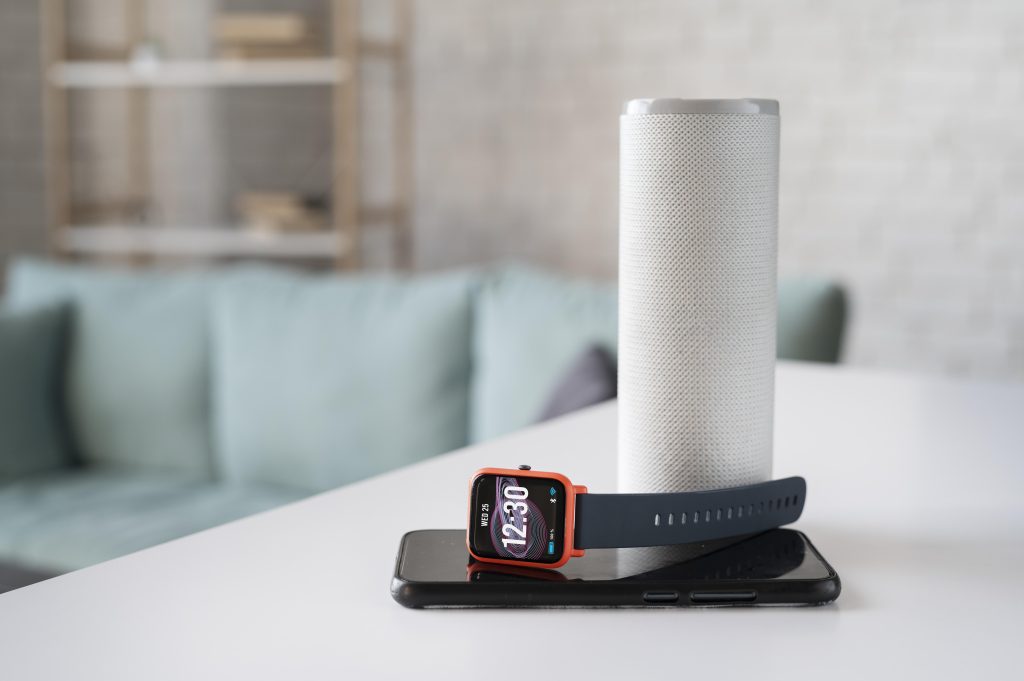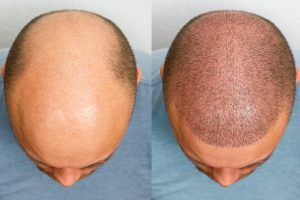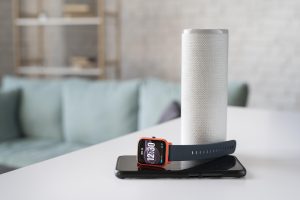

Why Health Gadgets Make a Real Difference
Good habits are hard to build. Health gadgets make them easier. They remind you to move, help you sleep, and give you clear data about your body.
In 2024, the global health gadget market hit US$90 billion. That’s not just watches. It includes scales, air monitors, posture trainers, and smart bottles. People want tools that do more than just track steps.
You don’t need a full home gym. Just a few smart tools that help you feel better every day.
Start With a Fitness Tracker That Works
A Step Counter That Does More Than Count
A basic fitness tracker helps you walk more, sit less, and sleep better. Aim for one that shows heart rate, tracks sleep, and vibrates when you’ve been still too long.
Top picks under $100:
- Fitbit Inspire 3 – tracks sleep, heart, stress
- Xiaomi Band 8 – long battery, lightweight, clean display
Track your steps for a week without changing anything. Then add 1,000 steps per day. That’s an easy win.
Action tip
Set a stand-up alert every hour. You’ll hit your step goals faster without long workouts.
Upgrade Your Bathroom Scale
Measure More Than Just Weight
Smart scales now track fat percentage, muscle mass, and water. That gives a clearer picture of progress—especially if you’re building strength or cutting sugar.
Good options:
- RENPHO Smart Scale – syncs to an app, under $40
- Withings Body+ – more features, multiple users
Look for trends, not daily changes. Check in once or twice a week at the same time, preferably in the morning.
Action tip
Ignore the number if your clothes fit better and energy’s up. The scale is one tool—not the whole story.
Try a Posture Trainer for Neck and Back Relief
Stop Slouching Without Thinking About It
Bad posture leads to headaches, back pain, and fatigue. A wearable posture trainer sticks to your back or clips onto your shirt. It vibrates when you slouch.
Top choices:
- Upright Go 2 – slim and discreet
- Lumo Lift – older model, still solid
Wear it for 20 minutes at a time, twice a day. Your core and spine will thank you.
Action tip
Use posture time as a signal to reset. Stretch, breathe, and refocus.
Add a Breathing Coach to Calm Your Body
Track Your Breath, Not Just Your Steps
Stress shows up in your breath first. Slow breathing drops your heart rate and clears your head.
Try one of these:
- Core Meditation Trainer – handheld device that guides you
- Moonbird – pulses in your hand to match inhale and exhale
Sessions take 3 to 5 minutes. Use it mid-day or before bed.
Ben, 37, from Adelaide, started with two minutes after lunch. “It stopped my afternoon slump. Now it’s part of my break, like coffee.”
Action tip
Set a reminder to breathe—not just to work out.
Use a Smart Water Bottle That Tracks Intake
Most People Don’t Drink Enough
Dehydration causes fatigue, brain fog, and muscle cramps. A smart bottle tracks your water intake and buzzes or lights up when it’s time to sip.
Good picks:
- HidrateSpark – tracks via app, lights up
- Thermos Smart Lid – has a sensor and clean design
Drink a full bottle by lunch and another by dinner. That’s usually enough for most adults.
Action tip
Pair your bottle reminder with your breathing habit. Stack them for better results.
Improve Air Quality With a Small Monitor
Bad Air Makes You Tired, Sick, and Foggy
Indoor air can be full of dust, CO₂, and other stuff you don’t see. A home air monitor shows when to open a window or run a purifier.
Try this:
- Qingping Air Monitor Lite – shows CO₂, particles, and humidity
- Temtop M10 – affordable, fast reading
Place it near your bed or desk. If CO₂ gets high, open a window for 10 minutes. You’ll notice the difference.
Action tip
Low humidity causes dry eyes and skin. Use the data to decide when to use a humidifier.
Use a Smart Light to Boost Energy and Sleep
Match Light to Your Day
Your brain takes cues from light. Bright, blue light in the morning boosts energy. Warm, dim light at night helps you sleep.
Best picks:
- Philips Hue – has sunrise and sunset settings
- Wyze Bulb Color – budget-friendly with custom timers
Set your morning bulb to mimic sunrise. Set bedtime mode to fade out over 30 minutes.
Jess, 26, started using warm light at 9 p.m. “I stopped scrolling TikTok for hours. I get tired at the right time now.”
Action tip
Use light to guide routine changes. It works faster than willpower.
Don’t Ignore Online Reputation if Health Content Goes Public
Sometimes people post health goals, weight logs, or before-and-after photos. That’s fine—until it spreads without your OK.
If old health info or private content shows up in search, services like Guaranteed Removals can help clean it up. That’s useful for anyone applying for jobs or trying to move past a health story that got too much attention.
Action tip
Search your name once a month. If something health-related pops up that shouldn’t, fix it fast.
Build a Routine Around the Data
Weekly Review Works Best
Once a week, check your trends:
- Steps
- Sleep
- Body fat or weight
- Water intake
- Posture sessions
- Breathing or stress time
Pick one area to improve each week. Don’t try to fix everything at once. Small wins stick longer.
Action tip
Keep your data in one app or spreadsheet. See progress in one place.
Final Thoughts
Health gadgets don’t have to be complicated. A basic tracker, smart scale, and posture alert can make a big difference. Add a water reminder, a light routine, and some breathing sessions—and you’ve built a full wellness system at home.
Focus on trends. Stack habits. And keep your info safe. If anything from your health life leaks online, companies like Guaranteed Removals can help you clean it up.
You don’t need a full reset. Just a better setup. Start small and track what matters.







